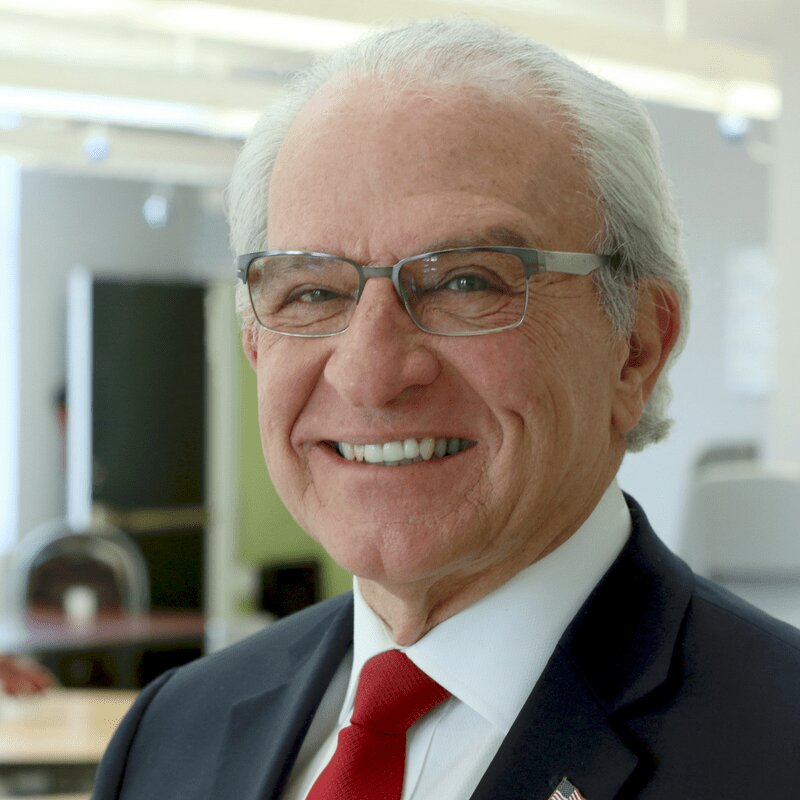
December 19, 2018
Grace Centers of Hope in The Oakland Press: 2019 must be the year where we fully confront the opioid crisis
Kent Clark, Published Dec. 18, 2018 In the past five years, I have known more individuals who have died from drug overdoses than in any other time of my life. Many Americans, unfortunately,

Kent Clark, Published Dec. 18, 2018
In the past five years, I have known more individuals who have died from drug overdoses than in any other time of my life. Many Americans, unfortunately, also can say the same. The cause of skyrocketing overdoses is fentanyl, which is oftentimes “cut” with heroin in order to make illicit drugs stronger and sales more profitable.
And, according to a recent report released this month by the Centers for Disease Control, fentanyl is deadlier than any other drug in our nation’s history.
Today, the heart-breaking reality is that the profile of an ‘average’ individual who is addicted to drugs is one who was at first living with and trying to control chronic pain. They often later move on to heroin because it’s cheaper and easier to obtain than prescription medication. In fact, U.S. Surgeon General Jerome Adams said that 62 percent of people who inject illegal narcotics say they either began or continue using drugs in attempts to control pain. No one “plans” to become an addict.
A startling statistic: on average, between 2014 and 2015, those individuals who overdosed from prescription pills written by medical professionals, had been using their legal prescriptions for only eight months. The face of the opioid crisis is: everyone. It is mothers, fathers and senior citizens in both urban areas and the suburbs. It is athletes, business professionals, skilled workers and the unemployed on disability. It is also young people who are experimenting with today’s drugs that are deadlier drugs of yesteryear.
Fentanyl is too addictive, too deadly, and potent synthetic versions are much too easy to obtain. As Michigan ranks in the top 10 of states with individuals who died from drug overdoses in 2017 — with 2,662 lives lost — recovery organizations are crowded with people trying to stay clean from opioids and rebuild their devastated lives.
Looking into 2019, we are seeing slight glimmers of hope:
— The conversation about opioids is increasing every day. This is crucial to remove stigma and spur change.
— A generic and, therefore, more affordable version of Naloxone used to temporarily reverse the effects of opioids during an overdose will be available in 2019. While that won’t stop addiction, it gives someone a second opportunity.
— Law enforcement officials are working tirelessly to arrest those in the medical industry who prescribe drugs illegally. The recent arrests at a pain clinic group in Macomb County are good examples; a team of “doctors” were accused of wrongfully prescribing millions of opioids and contributing to the crisis.
My hope for next year is that Michigan continues to fully recognize the severity of the opioid crises and commits further to fighting it by all means necessary. In 2019, opioid prescriptions must be reduced and the pharmaceutical industry must work faster to create a non-addictive, less harmful alternative to pain treatment, because pain is real.
We look forward to working with our new governor and elected officials to get this crisis under control. Too many families have been destroyed and lives stolen. We must make change and, together, we can.
Pastor Kent Clark is president and CEO of Grace Centers of Hope, a Pontiac-based nonprofit drug and alcohol rehabilitation and recovery organization.
This article was written for The Oakland Press and was originally posted here. For more information on how Marx Layne & Company can elevate your brand, please visit our expertise page here.
Share This Story, Choose Your Platform!
Marx Layne is your competitive advantage.
Your reputation and success are our only concerns.
